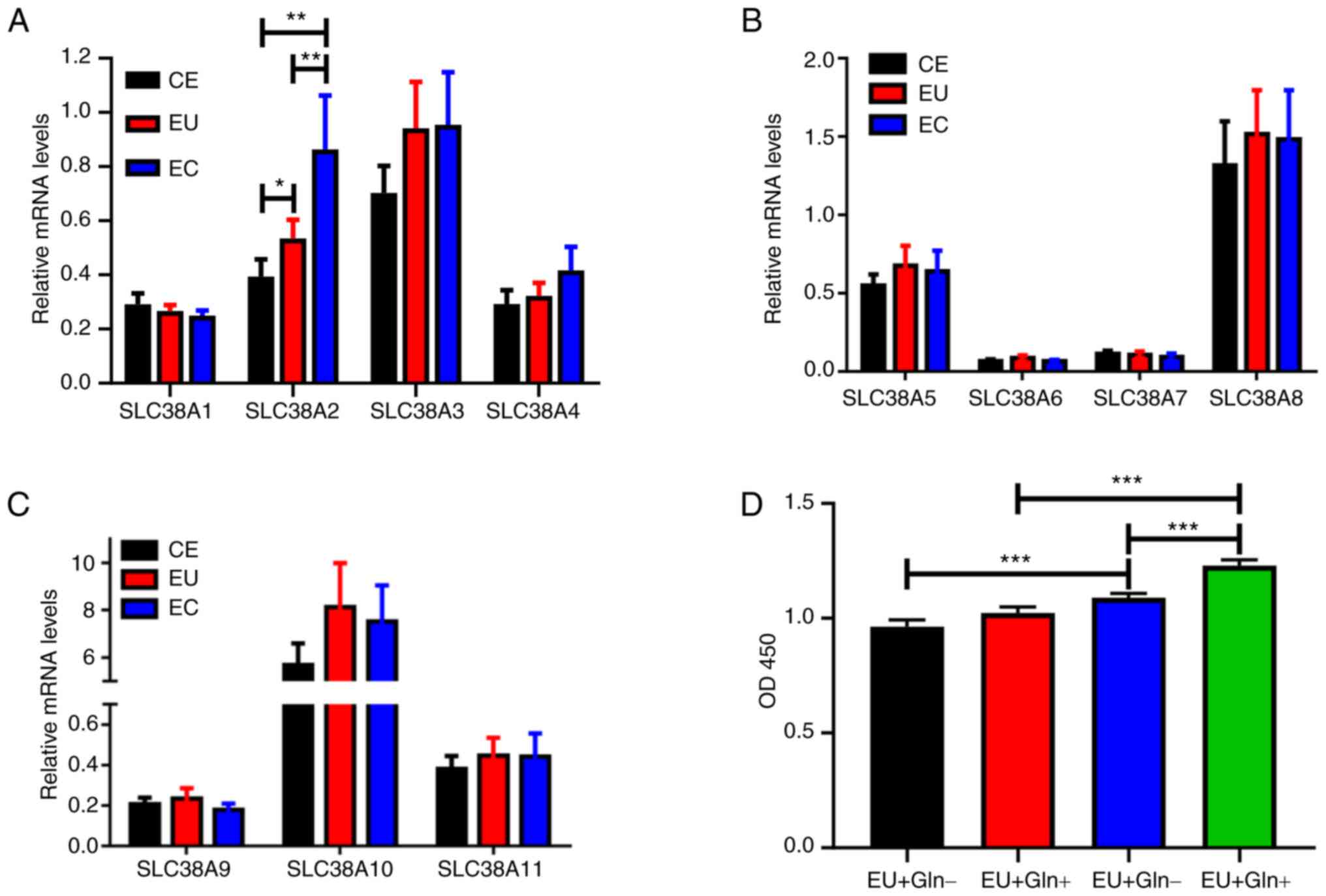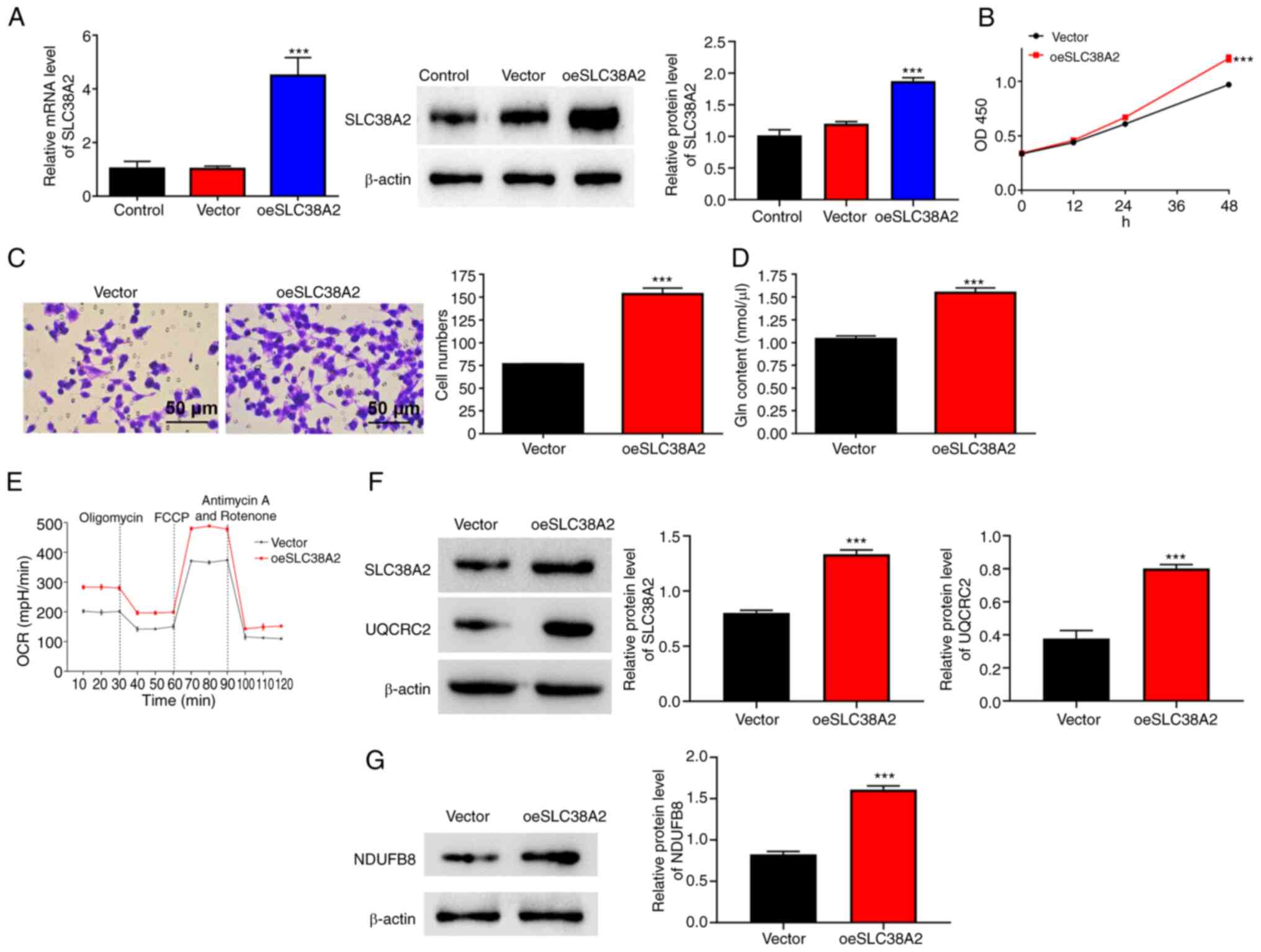|
1
|
Zhai J, Vannuccini S, Petraglia F and
Giudice LC: Adenomyosis: Mechanisms and pathogenesis. Semin Reprod
Med. 38:129–143. 2020.PubMed/NCBI View Article : Google Scholar
|
|
2
|
Vannuccini S and Petraglia F: Recent
advances in understanding and managing adenomyosis. F1000Res.
8(F1000 Faculty Rev-283)2019.PubMed/NCBI View Article : Google Scholar
|
|
3
|
Jiang L, Han Y, Song Z and Li Y: Pregnancy
outcomes after uterus-sparing operative treatment for adenomyosis:
A systematic review and meta-analysis. J Minim Invasive Gynecol.
30:543–554. 2023.PubMed/NCBI View Article : Google Scholar
|
|
4
|
Carrarelli P, Yen CF, Funghi L, Arcuri F,
Tosti C, Bifulco G, Luddi A, Lee CL and Petraglia F: Expression of
inflammatory and neurogenic mediators in adenomyosis. Reprod Sci.
24:369–375. 2017.PubMed/NCBI View Article : Google Scholar
|
|
5
|
Carrarelli P, Yen CF, Arcuri F, Funghi L,
Tosti C, Wang TH, Huang JS and Petraglia F: Myostatin, follistatin
and activin type II receptors are highly expressed in adenomyosis.
Fertil Steril. 104:744–752.e1. 2015.PubMed/NCBI View Article : Google Scholar
|
|
6
|
Vannuccini S, Tosti C, Carmona F, Huang
SJ, Chapron C, Guo SW and Petraglia F: Pathogenesis of adenomyosis:
An update on molecular mechanisms. Reprod Biomed Online.
35:592–601. 2017.PubMed/NCBI View Article : Google Scholar
|
|
7
|
Wu G: Amino acids: Metabolism, functions,
and nutrition. Amino Acids. 37:1–17. 2009.PubMed/NCBI View Article : Google Scholar
|
|
8
|
Yang Y, Chen Q, Fan S, Lu Y, Huang Q, Liu
X and Peng X: Glutamine sustains energy metabolism and alleviates
liver injury in burn sepsis by promoting the assembly of
mitochondrial HSP60-HSP10 complex via SIRT4 dependent protein
deacetylation. Redox Rep. 29(2312320)2024.PubMed/NCBI View Article : Google Scholar
|
|
9
|
Zhang D, Hua Z and Li Z: The role of
glutamate and glutamine metabolism and related transporters in
nerve cells. CNS Neurosci Ther. 30(e14617)2024.PubMed/NCBI View Article : Google Scholar
|
|
10
|
Menchini RJ and Chaudhry FA: Multifaceted
regulation of the system A transporter Slc38a2 suggests nanoscale
regulation of amino acid metabolism and cellular signaling.
Neuropharmacology. 161(107789)2019.PubMed/NCBI View Article : Google Scholar
|
|
11
|
Garibsingh RA and Schlessinger A: Advances
and challenges in rational drug design for SLCs. Trends Pharmacol
Sci. 40:790–800. 2019.PubMed/NCBI View Article : Google Scholar
|
|
12
|
Colas C, Ung PM and Schlessinger A: SLC
transporters: Structure, function, and drug discovery. Medchemcomm.
7:1069–1081. 2016.PubMed/NCBI View Article : Google Scholar
|
|
13
|
Li YY, Lu XZ, Wang H, Yang XX, Geng HY,
Gong G, Zhan YY, Kim HJ and Yang ZJ: Solute carrier family 30
member 8 gene 807C/T polymorphism and type 2 diabetes mellitus in
the Chinese population: A meta-analysis including 6,942 subjects.
Front Endocrinol (Lausanne). 9(263)2018.PubMed/NCBI View Article : Google Scholar
|
|
14
|
Li L, He M, Zhou L, Miao X, Wu F, Huang S,
Dai X, Wang T and Wu T: A solute carrier family 22 member 3 variant
rs3088442 G→A associated with coronary heart disease inhibits
lipopolysaccharide-induced inflammatory response. J Biol Chem.
290:5328–5340. 2015.PubMed/NCBI View Article : Google Scholar
|
|
15
|
Sun T, Bi F, Liu Z and Yang Q: SLC7A2
serves as a potential biomarker and therapeutic target for ovarian
cancer. Aging (Albany NY). 12:13281–13296. 2020.PubMed/NCBI View Article : Google Scholar
|
|
16
|
Murgia F, Angioni S, D'Alterio MN, Pirarba
S, Noto A, Santoru ML, Tronci L, Fanos V, Atzori L and Congiu F:
Metabolic profile of patients with severe endometriosis: A
prospective experimental study. Reprod Sci. 28:728–735.
2021.PubMed/NCBI View Article : Google Scholar
|
|
17
|
Dutta M, Singh B, Joshi M, Das D,
Subramani E, Maan M, Jana SK, Sharma U, Das S, Dasgupta S, et al:
Metabolomics reveals perturbations in endometrium and serum of
minimal and mild endometriosis. Sci Rep. 8(6466)2018.PubMed/NCBI View Article : Google Scholar
|
|
18
|
Chen L, Li C, Guo J, Luo N, Qu X, Kang L,
Liu M and Cheng Z: Eutopic/ectopic endometrial apoptosis initiated
by bilateral uterine artery occlusion: A new therapeutic mechanism
for uterus-sparing surgery in adenomyosis. PLoS One.
12(e0175511)2017.PubMed/NCBI View Article : Google Scholar
|
|
19
|
Livak KJ and Schmittgen TD: Analysis of
relative gene expression data using real-time quantitative PCR and
the 2(-Delta Delta C(T)) method. Methods. 25:402–408.
2001.PubMed/NCBI View Article : Google Scholar
|
|
20
|
Lee DE, Yoo JE, Kim J, Kim S, Kim S, Lee H
and Cheong H: NEDD4L downregulates autophagy and cell growth by
modulating ULK1 and a glutamine transporter. Cell Death Dis.
11(38)2020.PubMed/NCBI View Article : Google Scholar
|
|
21
|
Burska D, Stiburek L, Krizova J, Vanisova
M, Martinek V, Sladkova J, Zamecnik J, Honzik T, Zeman J, Hansikova
H and Tesarova M: Homozygous missense mutation in UQCRC2 associated
with severe encephalomyopathy, mitochondrial complex III assembly
defect and activation of mitochondrial protein quality control.
Biochim Biophys Acta Mol Basis Dis. 1867(166147)2021.PubMed/NCBI View Article : Google Scholar
|
|
22
|
Bourdon M, Santulli P, Kateb F,
Pocate-Cheriet K, Batteux F, Maignien C, Chouzenoux S, Bordonne C,
Marcellin L, Bertho G and Chapron C: Adenomyosis is associated with
specific proton nuclear magnetic resonance (1H-NMR)
serum metabolic profiles. Fertil Steril. 116:243–254.
2021.PubMed/NCBI View Article : Google Scholar
|
|
23
|
Morotti M, Zois CE, El-Ansari R, Craze ML,
Rakha EA, Fan SJ, Valli A, Haider S, Goberdhan DCI, Green AR and
Harris AL: Increased expression of glutamine transporter
SNAT2/SLC38A2 promotes glutamine dependence and oxidative stress
resistance, and is associated with worse prognosis in
triple-negative breast cancer. Br J Cancer. 124:494–505.
2021.PubMed/NCBI View Article : Google Scholar
|
|
24
|
Shen L, Yu Y and Karner CM: SLC38A2
provides proline and alanine to regulate postnatal bone mass
accrual in mice. Front Physiol. 13(992679)2022.PubMed/NCBI View Article : Google Scholar
|
|
25
|
Mayers JR and Vander Heiden MG: Famine
versus feast: Understanding the metabolism of tumors in vivo.
Trends Biochem Sci. 40:130–140. 2015.PubMed/NCBI View Article : Google Scholar
|
|
26
|
As-Sanie S, Kim J, Schmidt-Wilcke T,
Sundgren PC, Clauw DJ, Napadow V and Harris RE: Functional
connectivity is associated with altered brain chemistry in women
with endometriosis-associated chronic pelvic pain. J Pain. 17:1–13.
2016.PubMed/NCBI View Article : Google Scholar
|
|
27
|
Zhao X, Petrashen AP, Sanders JA, Peterson
AL and Sedivy JM: SLC1A5 glutamine transporter is a target of MYC
and mediates reduced mTORC1 signaling and increased fatty acid
oxidation in long-lived Myc hypomorphic mice. Aging Cell.
18(e12947)2019.PubMed/NCBI View Article : Google Scholar
|
|
28
|
Osanai-Sasakawa A, Hosomi K, Sumitomo Y,
Takizawa T, Tomura-Suruki S, Imaizumi M, Kasai N, Poh TW, Yamano K
and Yong WP: , et al: An anti-ASCT2 monoclonal antibody
suppresses gastric cancer growth by inducing oxidative stress and
antibody dependent cellular toxicity in preclinical models. Am J
Cancer Res. 8:1499–1513. 2018.PubMed/NCBI
|
|
29
|
Carr EL, Kelman A, Wu GS, Gopaul R,
Senkevitch E, Aghvanyan A, Turay AM and Frauwirth KA: Glutamine
uptake and metabolism are coordinately regulated by ERK/MAPK during
T lymphocyte activation. J Immunol. 185:1037–1044. 2010.PubMed/NCBI View Article : Google Scholar
|
|
30
|
Wik JA, Chowdhury A, Kolan S, Bastani NE,
Li G, Alam K, Grimolizzi F and Skålhegg BS: Endogenous glutamine is
rate-limiting for anti-CD3 and anti-CD28 induced CD4+ T-cell
proliferation and glycolytic activity under hypoxia and normoxia.
Biochem J. 479:1221–1235. 2022.PubMed/NCBI View Article : Google Scholar
|
|
31
|
Bau DT, Hsieh YY, Wan L, Wang RF, Liao CC,
Lee CC, Lin CC, Tsai CH and Tsai FJ: Polymorphism of XRCC1 codon
arg 399 Gln is associated with higher susceptibility to
endometriosis. Chin J Physiol. 50:326–329. 2007.PubMed/NCBI
|
|
32
|
Song W, Zhang Z, Jiang Y, Cao Y, Zhang B,
Wang Y, Shi H and Zhu L: Integrative metabolomic profiling reveals
aberrations in myometrium associated with adenomyosis: A pilot
study. Reprod Biol Endocrinol. 20(49)2022.PubMed/NCBI View Article : Google Scholar
|


















